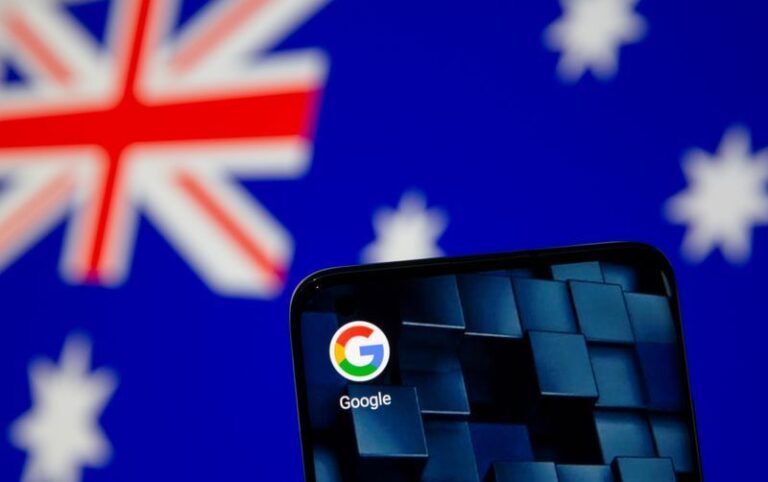
SYDNEY (Reuters) – Australia claimed an early win in a protracted licencing battle with Google on Wednesday as media companies lined up to announce content deals with the internet giant that were reportedly far more lucrative than their global rivals.
A month after the Alphabet Inc-owned company threatened to shut down its search engine in Australia to avoid what it called “unworkable” content laws, the country’s two largest free-to-air television broadcasters have struck deals collectively worth A$60 million ($47 million) a year, according to media reports.
That dwarfs the $76 million Google will split between 121 publishers in France over three years, which averages $209,000 a year per publisher, as reported by Reuters.
The Australian deals come days before the government plans to pass laws that would allow it to appoint an arbitrator to set Google’s content fees if it can’t strike a deal privately, a factor that government and media figures held up as a turning point for negotiations which stalled a year earlier.
“I don’t think that they would have been able to get that sort of money if they had to follow the normal sort of negotiations with a company that’s so powerful,” said Paul Budde, an independent internet analyst, referring to the Australian media companies.
Google and Nine declined to comment on unsourced reports in Nine’s newspapers on Wednesday that said the companies had reached an agreement. Seven and Google said two days earlier they had struck a deal, without giving financials.
Though the individual deals mean Google avoids a government-appointed arbitrator with those companies, Australian Treasurer Josh Frydenberg said he would still press ahead with the law.
The local arm of Rupert Murdoch’s News Corp, which has led a years-long campaign to make internet giants pay for content that drives traffic to their platforms, is yet to sign a Google deal. News Corp, owner of two-thirds of Australia’s major city newspapers, did not respond to requests for comment.
“None of these deals would be happening if we didn’t have the legislation before the Parliament,” Frydenberg told reporters.
Australian antitrust commissioner Rod Sims, who drafted the media laws, declined to comment but a spokesman directed Reuters to an earlier statement in which Sims called the law a “back-up” that prevented internet platforms forcing “terms on a take-it-or-leave-it basis”.






